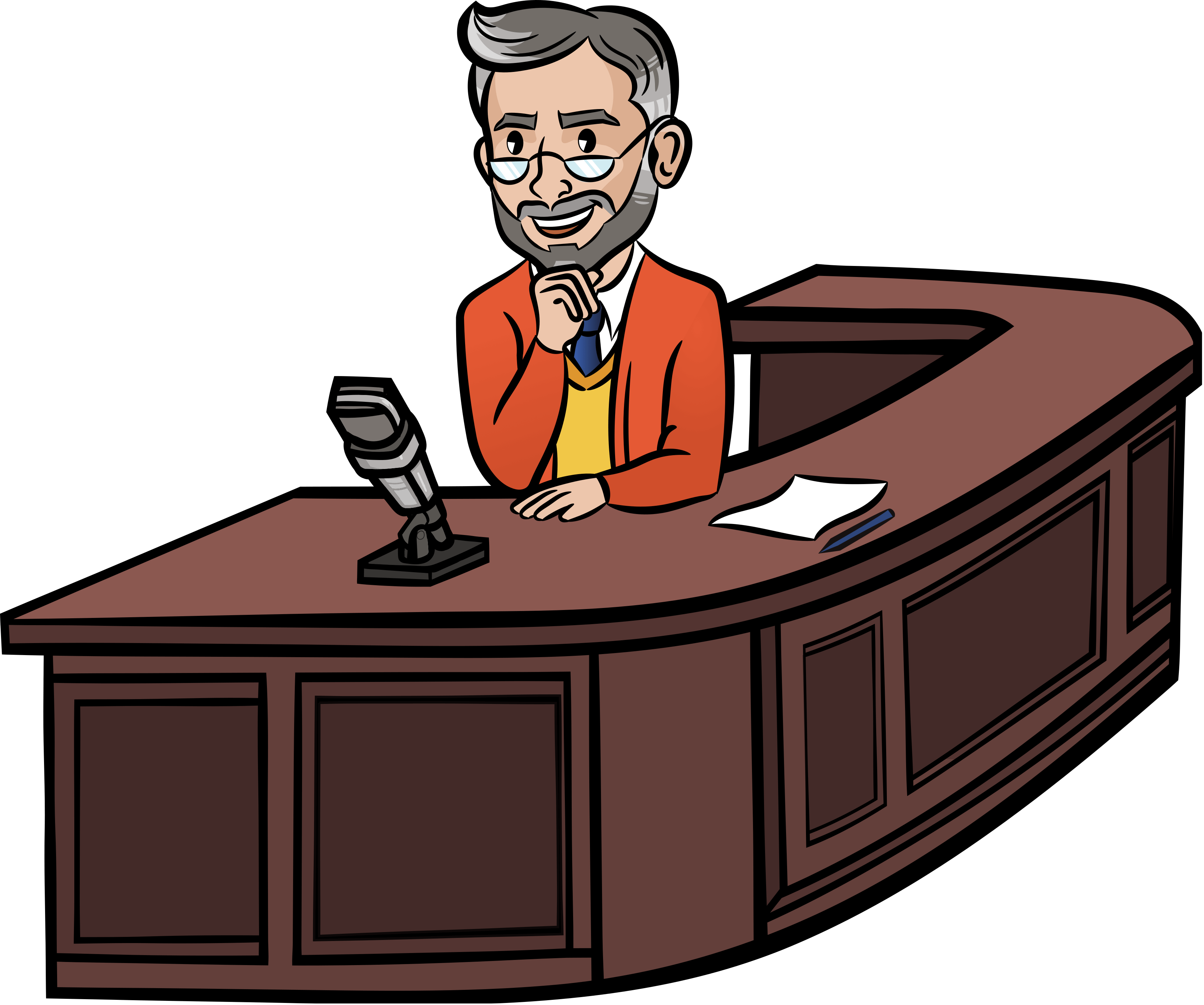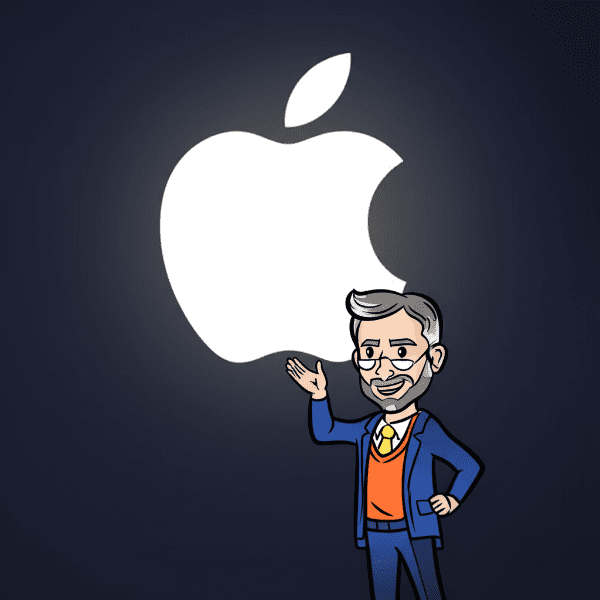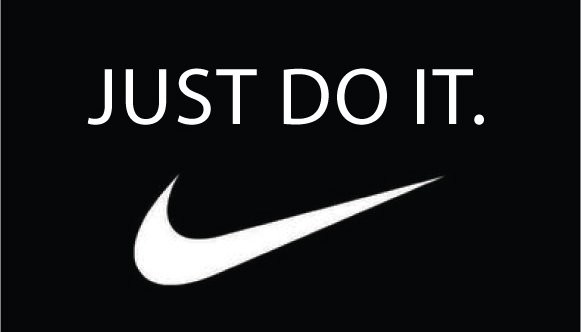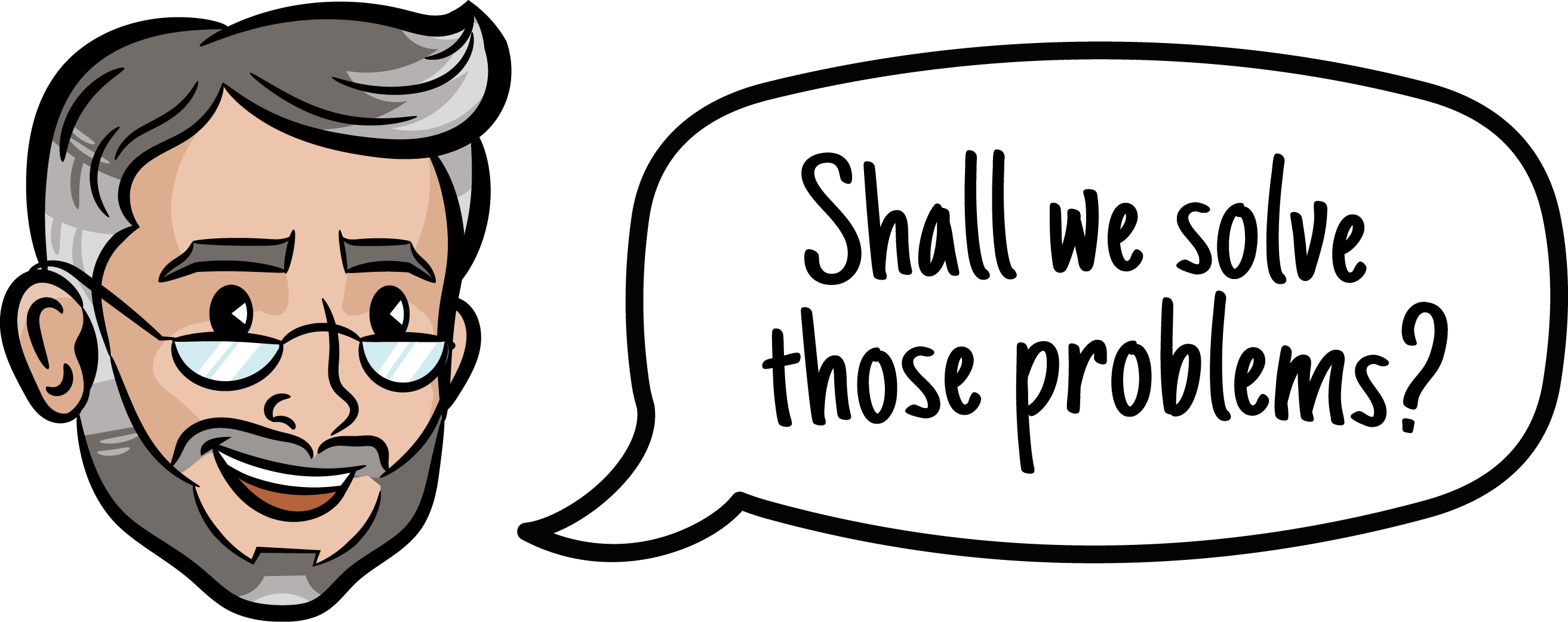

There are brands and there are iconic brands, and Bill Harper, Chief Creative Officer & CEO of WMH, knows the difference.

About Bill:
“If you asked people what they wanted, they would have said faster horses.” – Henry Ford
Consumers buy/buy-in emotionally, then justify their decisions logically. They can’t tell you what they want, but they can tell you what they don’t want and, more importantly, what they value. Using creative business strategies to turn their insights into traction for brands – via compelling stories that surprise and delight – is what I spend my days trying to achieve.
I believe that the most effective and awe-inspiring work comes from simple ideas executed in simple but elegant ways. The process itself is anything but simple or elegant. Fortunately, I love this sort of challenge. In fact, I live for it. It’s been described by some as a sickness and, if I’m being honest, it’s probably closer to an addiction – one that I’m just unusually comfortable having.
I’ve had the pleasure of struggling over simple and elegant solutions for clients like Carfax, Denny’s, Delsey Luggage, Precision Tune Auto Care, and Music & Arts to name a few and have had the pleasure of being recognized more than 100 times for the effort – including one textbook mention, which I’m particularly proud to call my own.
I’ve been fortunate enough to start four successful agencies and shared the joy of working alongside the insanely talented people who have joined them. When I’m not pouring over the latest Discovery Survey or chasing the next creative strategy, you can find me at home with my amazing wife, three beautiful children and our nearly-Wookie-of-a-dog, Oreo.
It really doesn’t get any better than this.
Table of Contents
How Do You Define Iconic Brands?
Why Do Marketing Departments Need Outside Assistance to Create Great Stories?
How Does a Great Story Help with Reach?
What Does a Great Story Show in the Metrics Over Time?
How to Reach Bill
Bill, you’ve had an amazingly successful career as a specialist branding agency that catapults great products and services from solid ground to zeitgeist fabric members, at least within their respective verticals.
You’ve been the creative wizard behind national tv campaigns and have some impressive wins helping many brands break out from the pack and enjoy all the benefits of being the iconic brand among their competitors.
We’re excited to share your insights on how great storytelling can help companies achieve “hockey stick” growth and when a particular firm might be ready to take that next step of bringing in a “cream of the crop” creative agency like WMH.
That said, let’s get to the good stuff:
How Do You Define Iconic Brands?
Q: To kick us off, we love how you define your agency: “We make brands iconic through Strategic Storytelling.” Many of our readers are CEOs, product wizards, and sales executives that might not have much formal marketing training. How would you define an “iconic” brand?
A: An iconic brand is one that is clearly recognized within the category. More importantly, an iconic brand is one that markets in a captivating way that engages the target audience in an emotional way. A key factor in becoming an iconic brand is the use of storytelling as a tool to clearly communicate the brand’s value through marketing and sales.
Apple, Disney, Dollar Shave Club, Poopouri, and Chic-Fil-A are all examples of iconic brands. Liquid Death is another that is quickly rising in visibility due to its story/brand promise to ‘Murder your thirst.’

Q: In contrast, how would you define brands who don’t achieve iconic status?
A: These are the vast majority of businesses that focus on themselves in marketing. And, like the party guest who talks about themselves all night, these business quickly lose the target audience’s interest. Pricing, promotions, innovation, features, benefits and the like may seem like the smart way to go, but since everyone is using similar language, these businesses quickly become parity in the eyes of consumers (B2C and B2B).

Professor’s Note:
Feature lists and pricing gimmicks as the fundamental reason to buy are what we call “kitchen-sinking.”
Our sales funnel audits address story and messaging (or lack thereof) to help clients get away from a commoditized approach.
“Once upon a time there was a 3-speed blender with a quick release lid for easy cleaning – available now at the holiday discounted rate” is a story no one wants to hear, remember or share with friends.
Why Do Marketing Departments Need Outside Assistance to Create Great Stories?
Q: Companies that have plenty of revenue ($25M-$300M) and well-staffed marketing departments seek your expertise. What’s holding them back? Why can’t they create a great story on their own?
A: Internal teams have a significant Achilles Heel – their paychecks and political environments significantly skew their point-of-view and willingness to swing for the fences.
Objectivity is one of the great benefits to an external agency partner. Unlike internal teams, external agencies are not fearful of losing their job if they don’t present the right idea, they aren’t subjected to the internal political winds that represent ‘the way things are done around here’, they don’t suffer the pain of ‘things tried and failed’ (whether they were executed well enough to have succeeded in the first place or not). And they aren’t entrenched in a single brand, so their ideas have a better chance of being fresh.
In short, the distance lends itself to a healthy dose of outside perspective that most businesses need to make the jump to greatness.
Q: You have a robust process that helps you land on the “right” story to unlock explosive growth. What do you need from a company so that you can begin the work of developing that story?
A: In a word, trust.

The thing we need most from the business is a thorough understanding of what they want to accomplish and why. The more useful information comes from understanding what the target audience values and what language they use to describe it.
This is the great divide that all amazing creative must bridge – the difference between what a business wants to say about itself and what the target needs to hear about it to become emotionally engaged.
If the client trusts their agency, and if the insight is good, and if the agency interprets it well, the campaign will be a significant accelerant to consistent growth. If the client insists on being in control, the project will not perform well.
Q: How does the hand-off of “the story” work? What has to happen within the company’s entire sales and marketing ecosystem to reap the benefits of a great story?
A: The entire team needs to understand how and why the story was chosen and be given a clear understanding of how to use it in their daily activities.
Even if the story is amazing, and insightful, and relevant and creatively brilliant, if the team won’t support it, or doesn’t believe in it, or doesn’t understand it, you might as well not have bothered. This is a step that most agencies don’t even think about.
How Does a Great Story Help with Reach?
Q: At Sales Funnel Professor, we help clients identify audience<>value proposition pairs. Companies that engage with you typically have those defined, but aren’t broadcasting that value to the world properly. How does a great story help?
A: I would argue that very few businesses have these relationships clearly defined. That’s why they struggle to grow.
Nothing they say or stand for is unique. Literally every client I have worked for has started by telling me their point of difference is their team, their product or the quality of their product/service – and they believe this is a real differentiation.
The trouble is virtually every one of their competitors is saying the same thing. This makes them parity in the eyes of their target audience. The businesses read the lack of engagement/loyalty as a need to be more innovative or more promotions-based, but that’s not the answer.
Liquid Death just received $100M investment for selling water in a can. There’s nothing new about water or cans or their flavors or anything else. Walk into any 7/11 and you’ll find dozens of alternatives. But they had a bold name and promise to ‘Murder Your Thirst’ and this stood out to consumers.
Similarly, Dollar Shave Club used an inexpensive razor (nothing new there) to generate $100M+ in their growth simply by challenging consumers to ‘Stop buying shave tech you don’t need’.
It’s the story that counts, not the innovation or pricing or promotions or team or awards. Story.
Q: What are some of the ways that WMH helps get the story out in the first place?
A: There are creative ways to get a story out at every budget level. The question comes down to building an appropriate solution for the budget available. This might include social or digital or ‘traditional’ media efforts, or it might be a really great guerrilla marketing campaign.
It can be on a bar coaster or a t-shirt just as easily as it can be on a TV commercial or billboard. For small businesses, the use of social media can’t be ignored, but most companies confuse ‘pumping out content’ for marketing and they shouldn’t.
Every target audience craves quality over quantity. This is proven in their buying behavior. If your marketing efforts leave you feeling overwhelmed in trying to ‘keep up’, you would benefit from a new strategy.
What Does a Great Story Show in the Metrics Over Time?
Q: Analytics and attribution are the backbone of any healthy sales funnel. When a great story replaced a “parity” story, what kind of changes surface in the analytics?
A: They change for the better. For example, revenue increases, website traffic increases, bounce rates drop, time on site goes up, conversion numbers increase, organic traffic increases, etc. You should see a positive and significant impact across the board.
If you have an area that isn’t responding well, that’s an opportunity to dump a poor channel that shouldn’t have been there in the first place, or tweak the messaging to better match the audience’s appetite.
Q: We love your tagline. You trademarked “No Story, No Glory.” What does “glory” mean to a business in terms of ROI, competitive landscape, etc.?
A: You can’t reach your full potential (Glory) without a great story.
We don’t measure glory in terms of being number one in the category – those spots are too few and frequently there are true heavyweights in those positions already. Instead, we identify what a real win would be and then focus on achieving that goal.
For example, we had a client a few years ago with a top line revenue of $29M that wanted to sell in 2.5 – 3 years for $250M. We helped them sell for $230M in just 18-months. For them, their investors, and their leadership teams, this was an iconic achievement that led them to become standard of care in their industry.
Q: What does “Strategic Storytelling” mean?
A: Strategic Storytelling is based on consumer (your c-word of choice; client, consumer, customer) insight that can last the test of time and has an ocean of creative flexibility.

Lots of agencies can tell a good story, but most are one and done. The goal is to create a business strategy that can last the next 10-20 years.
Nike is a great example. They stopped selling athletic apparel a long time ago and started selling progress. If you’ll ‘Just do it’, they’ll help you reach any goal. That strategy turned them into the success story they are today.
Similarly, Harley Davidson sells freedom, not motorcycles. Volvo sells safety. Porsche sells performance.
These simple, but strategically driven choices allow for stories that can be fun and playful and fresh for decades. See Apple’s evolution from “1984” to “Think Different” to “I’m a Mac, I’m a PC” as an example.



How to Reach Bill
Q: What types of businesses should talk with WMH and how can they reach you?
A: We work with growth-minded businesses that are willing to be great to reach their goal. This seemingly simple sentence is a tremendous measuring stick when it comes to deciding who to work with – or not. If your team plays to win instead of playing it safe, we’re probably a good match.
Reach out to us via our website.
A Big Thank You to Bill Harper!
For Further Reading: How to Use Hubspot for Startups | What Is This “RevOps” I Keep Hearing About with Mat 0’Connor? | How Certain WordPress Agencies Turn a Content Management System into a Black Box and What to Do About It | How a Broken Sales Funnel Gets Misdiagnosed…A Real World Example | How Does 3D Proofreading Help Startups?


